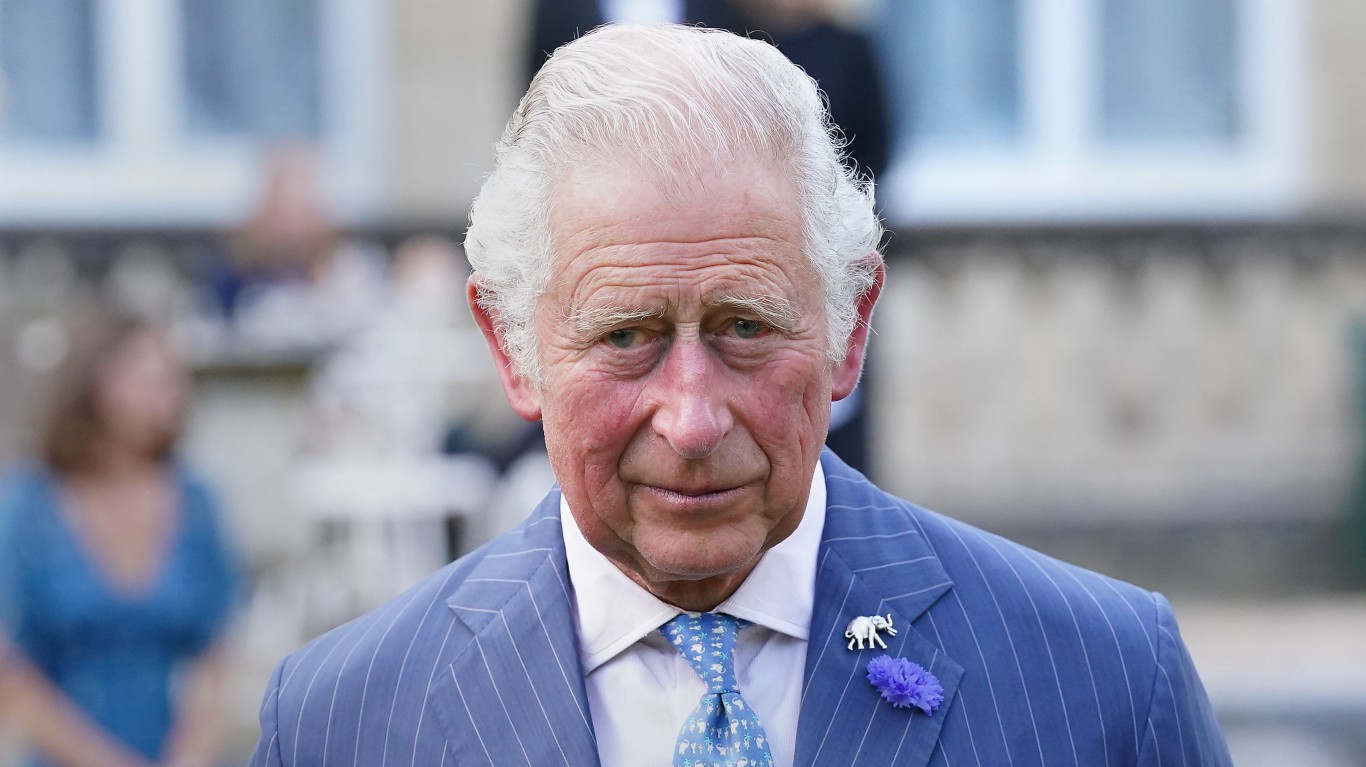
U.S. economic growth since Donald Trump moved into the White House is showing signs of stalling. Investors are worried about rising inflation, the budding trade war and a possible backlash against big tech firms over data privacy.
The economy is continuing with its expansion, but that expansion is slowing down and global growth is limited to the world’s two largest economies: the United States and China. The eurozone and Japanese economies remain propped up by easy money policies that may not be sustainable for much longer.
The upshot, according to economist Nouriel Roubini, is that a risk-off turn among investors that began in February is here to stay. By this time next year, the effects of fiscal stimulus will have run their course and the Federal Reserve will overshoot their long-term policy rate target as it tries to control inflation. Rising protectionism, increased volatility and the threat of a global trade war could lead to a stagnant global economy or, worse, a downturn.
In Roubini’s view, published Thursday at Project Syndicate, the positive impacts of Trump’s “modest” policies for boosting growth are already in the rear-view mirror and the effects of his policies that could weigh on growth have not yet shown up:
Trump’s favored fiscal and trade policies will crowd out private investment, reduce foreign direct investment in the US, and produce larger external deficits. His draconian approach to immigration will diminish the supply of labor needed to support an aging society. His environmental policies will make it harder for the US to compete in the green economy of the future. And his bullying of the private sector will make firms hesitant to hire or invest in the US.
The potential for a full-scale trade war rises because the U.S. economy has reached the point of full employment (or nearly so) and fiscal stimulus policies, combined with higher oil and commodity prices, are adding to inflationary pressures, forcing the Fed to raise interest rates faster than it expected at the same time as it works to reduce its balance sheet.
And unlike in Trump’s first year in office, there is a strengthening dollar:
[U]nlike in 2017, the US dollar is now strengthening, which will lead to an even larger US trade deficit and more protectionist policies as Trump, assuming he remains true to form, blames other countries.
With the prospect of diminished returns from equities markets, investors will shy away from risk and turn to cash (government and corporate bonds). Putting more money under the mattress is not a growth strategy.
Thank you for reading! Have some feedback for us?
Contact the 24/7 Wall St. editorial team.
 24/7 Wall St.
24/7 Wall St.

